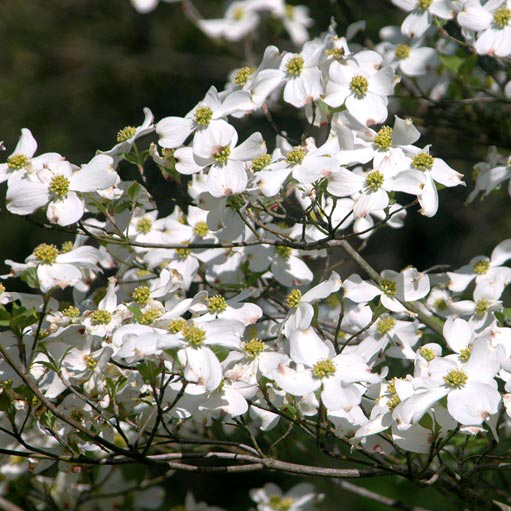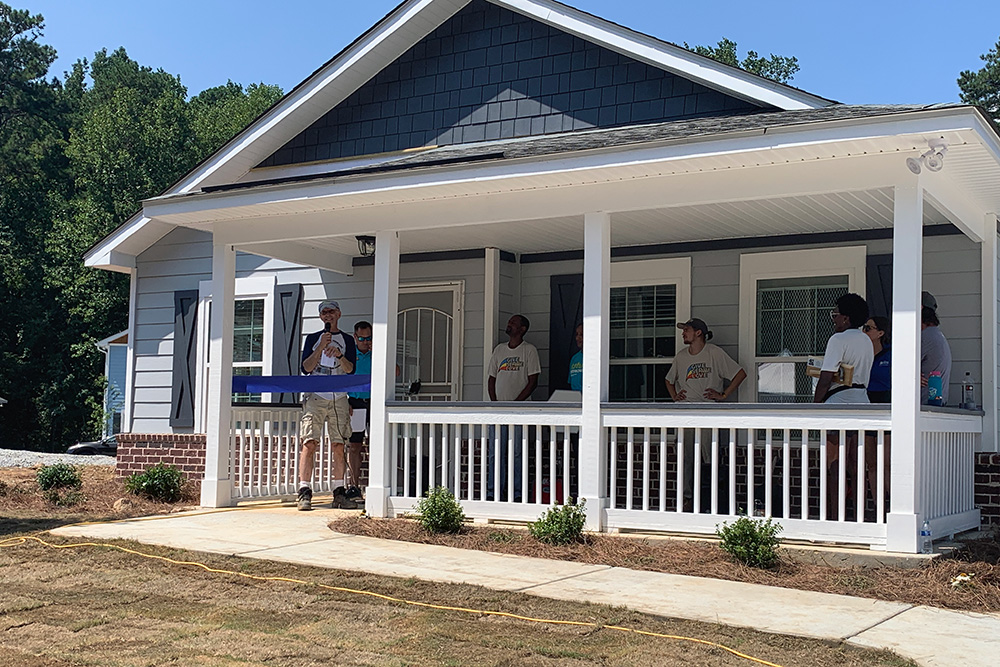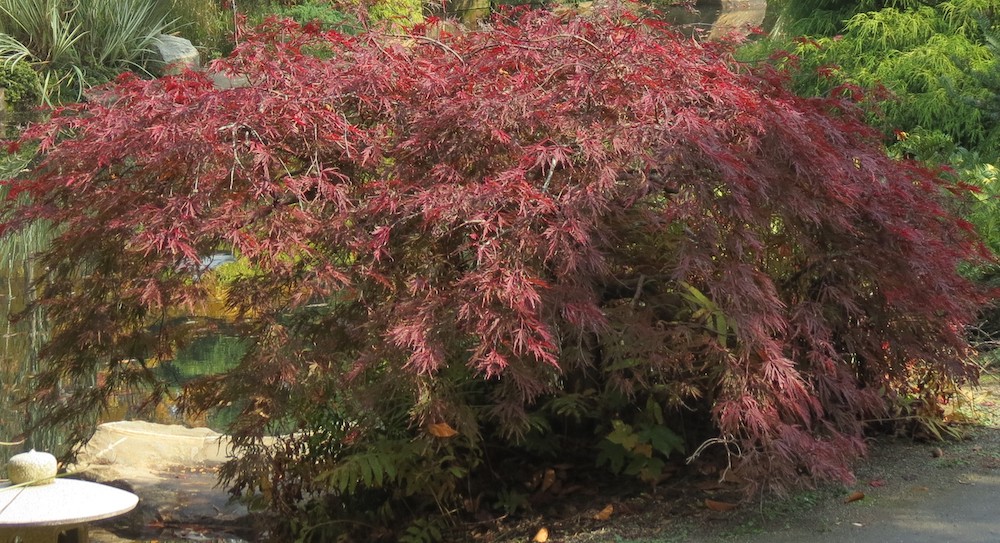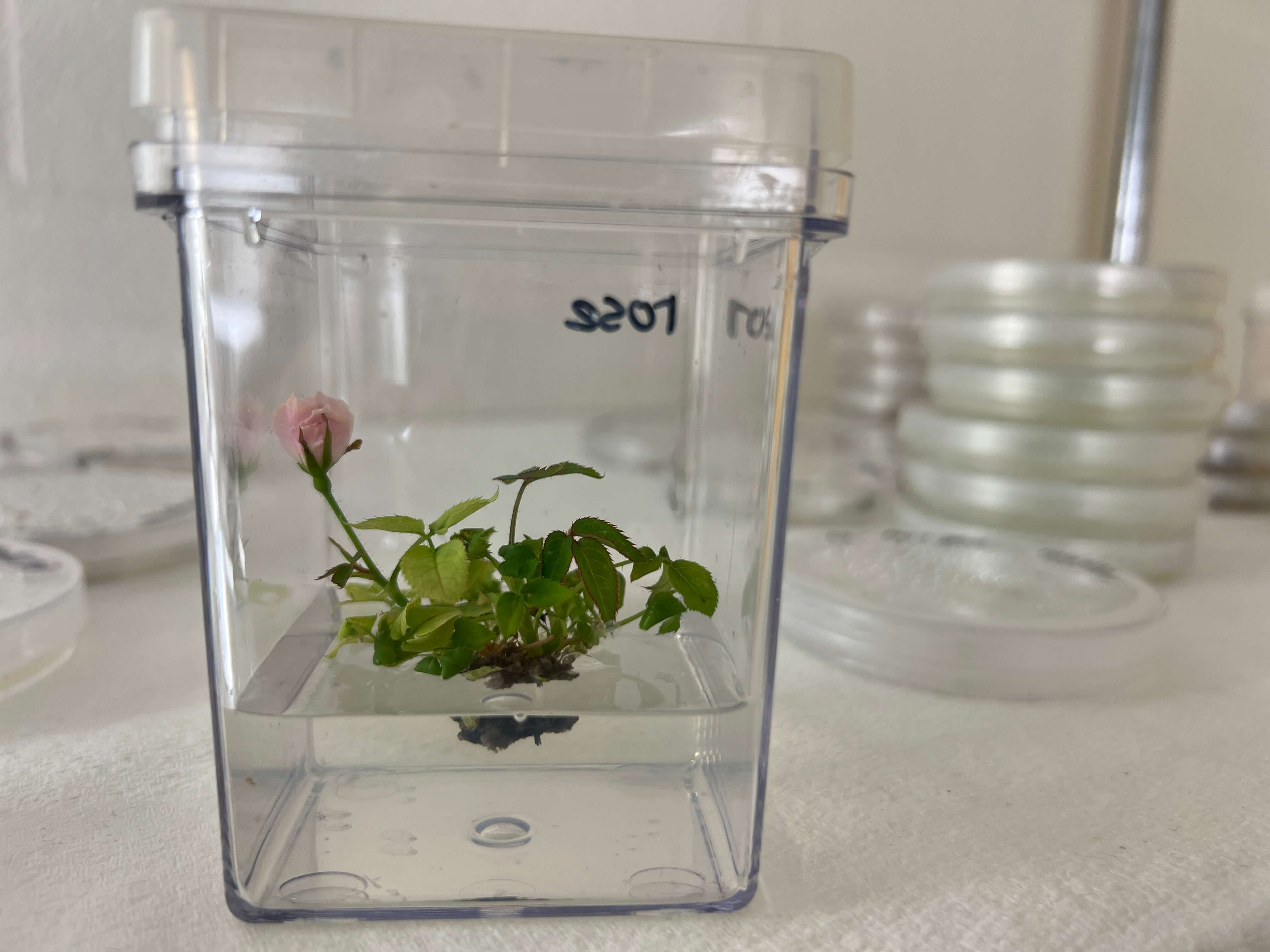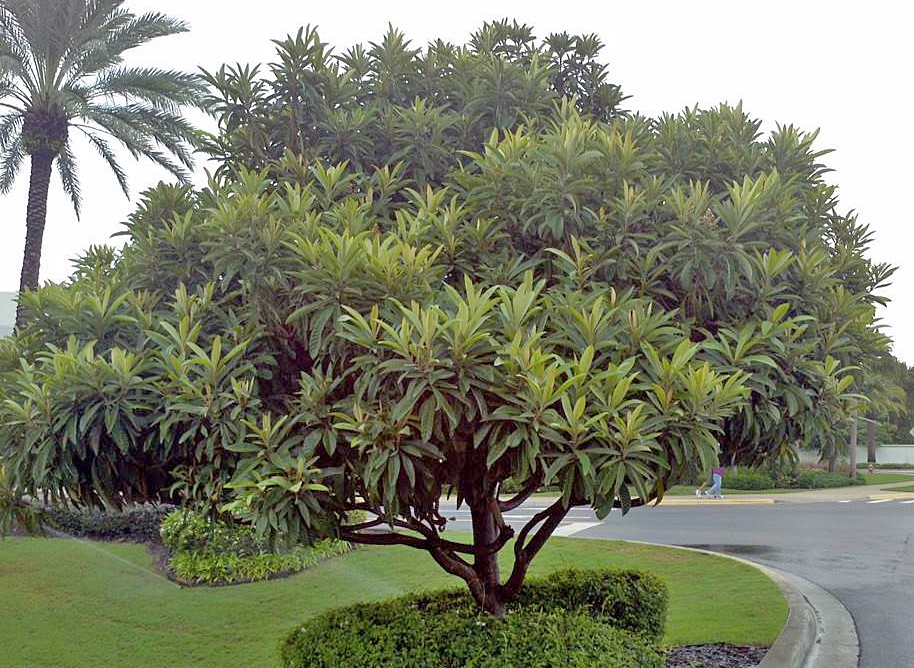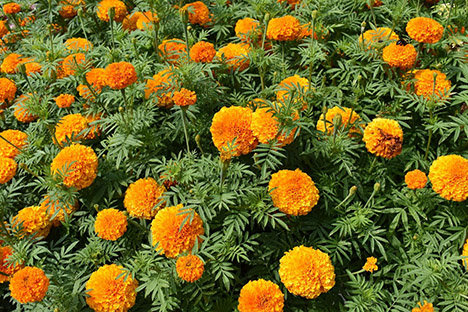Dogwoods are one of the most popular landscape trees in the American South, but little is known about the genetics of these spring-blooming beauties.
Researchers at the University of Georgia are hoping to recruit an army of citizen scientists this spring to help collect data that will help them better understand genetic variation among dogwood trees.
Residents from across the Southeast are asked to help with the Dogwood Genome Project now that the trees are starting to bloom in Athens, Georgia, and across the state. Anyone with a smartphone is encouraged to download a specialized app and start recording the characteristics of their neighborhood trees.
To help, register as a volunteer observer with the USA National Phenology Network’s Nature’s Notebook and then collect data on the appearance of flowers, leaves and fruits on dogwood trees. After registering as an observer, dogwood lovers and science enthusiasts can collect data through an app that is available in both the Apple and Android stores. The National Phenology Network is a partner with the UGA Dogwood Genome Project. More information can be found at www.usanpn.org/nn/dogwood_genome.
"This information is especially important for developing projections for how dogwood populations will respond to a changing environment," said UGA Warnell School of Forestry and Natural Resources Professor C.J. Tsai.
The Dogwood Genome Project started more than a year ago with a $1.4 million grant from the National Science Foundation to researchers at UGA, North Carolina State University and the U.S. Department of Agriculture (USDA) Agricultural Research Service. This team is sequencing the genome of a popular dogwood variety commonly known as ‘Appalachian Spring’ and is also comparing sequences among other dogwood varieties, as well as trees sampled from natural populations.
"By helping us document the timing of flowering and bud break for flowering dogwoods on campus, citizen scientists can have a real impact on our understanding of the genetic architecture of these traits," said Jim Leebens-Mack, a UGA professor of plant biology and the project lead.
Horticulturists will also use the phenology and genomic data to guide their breeding programs and produce more beautiful and robust dogwoods. One of the most important aims of the project is to identify genes that provide some dogwoods with natural resistance to fungal diseases like powdery mildew, which twists and deforms the leaves of the tree. Powdery mildew not only makes the trees less attractive, but it can also significantly weaken the tree's ability to collect the sunlight needed for photosynthesis.
Dogwoods account for nearly 10 percent of the retail market for flowering trees in the U.S., which tops $343 million annually, according to the USDA's National Agricultural Statistics Service.

